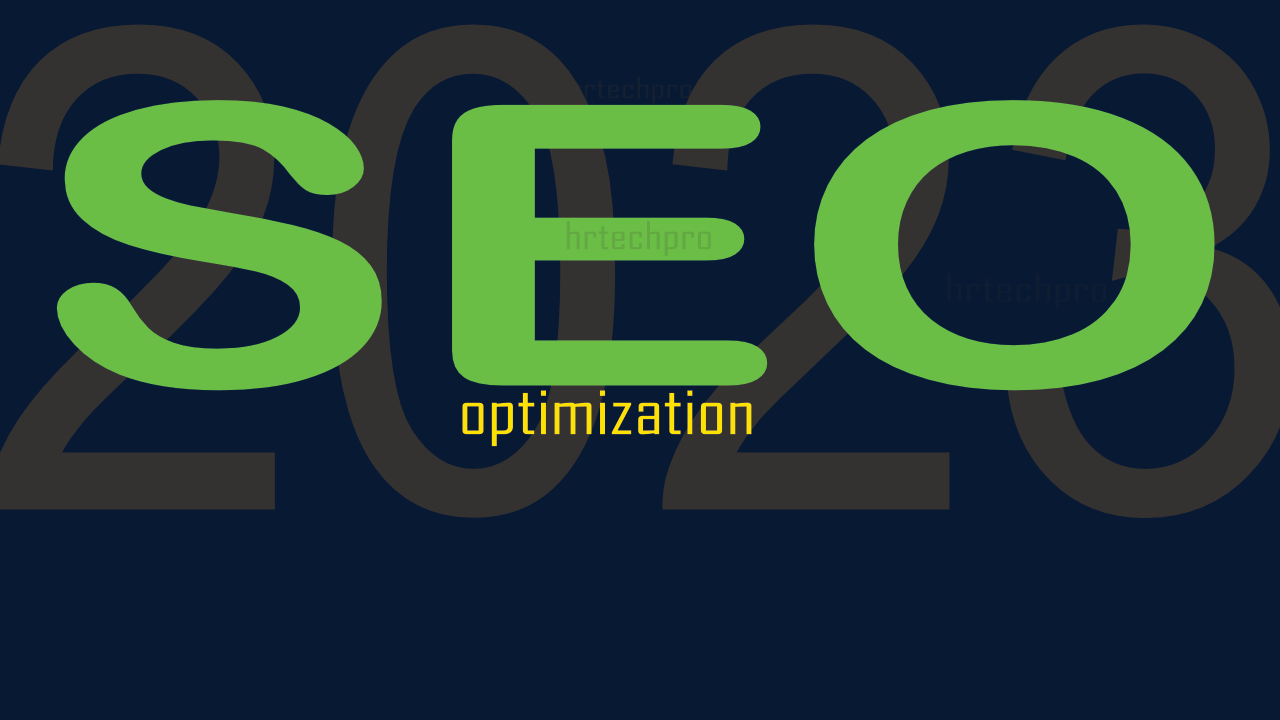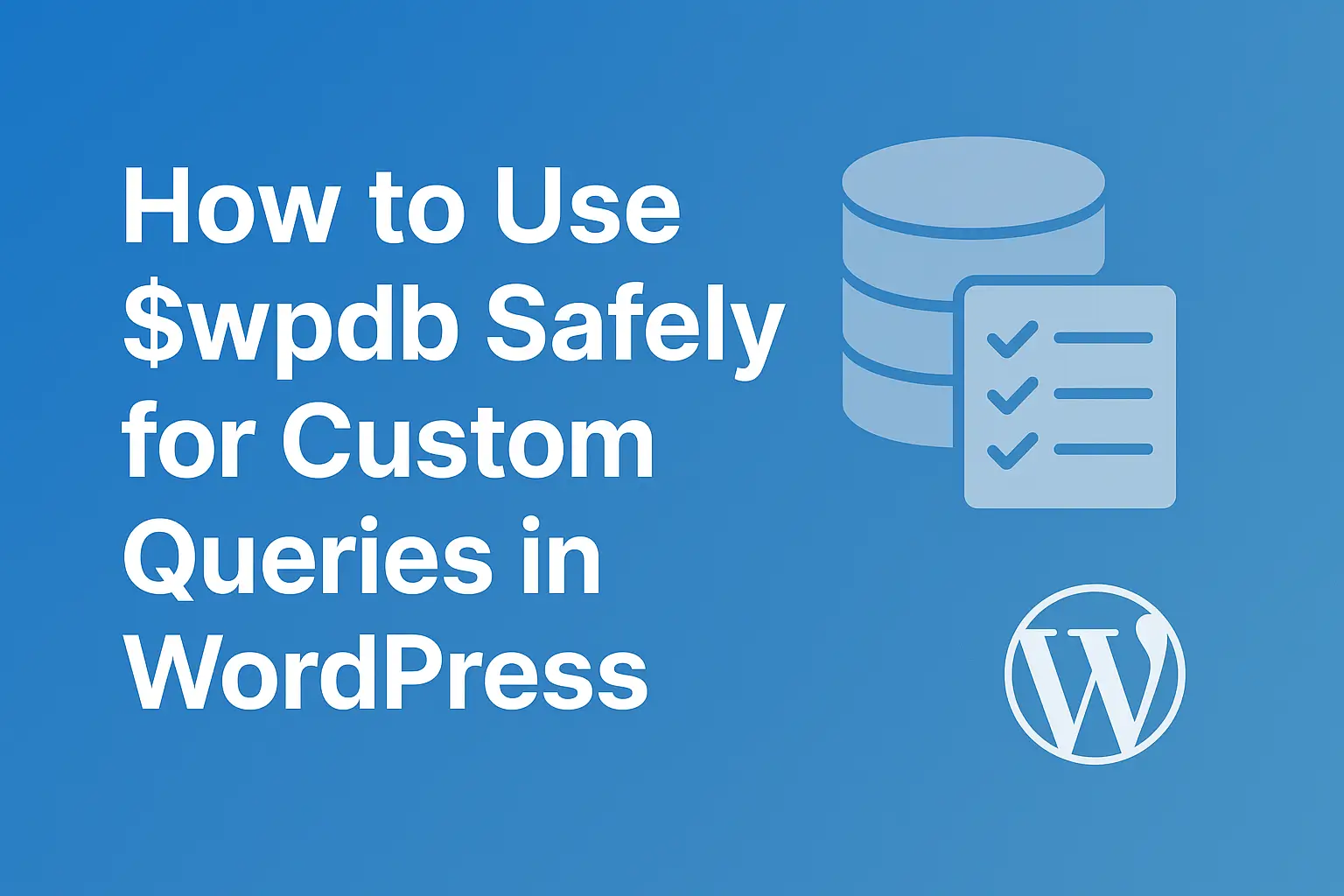Search Engine Optimization for WordPress
Search engine optimization (SEO) is a critical component of any successful website. If you want your WordPress site to rank high in search engine results pages (SERPs) and attract more traffic, you need to optimize it for search engines. In this article, we’ll explore some of the best SEO practices for WordPress, from setting up your site to optimizing your content and building links.
1. Choose a Good Hosting Provider
Your hosting provider plays a significant role in your site’s SEO. A good hosting provider will ensure that your site is fast, reliable, and secure. Look for a provider that offers good uptime, fast load times, and excellent customer support. Some popular options for WordPress hosting include Bluehost, SiteGround, and WP Engine.

2. Install a SEO Plugin
Installing a SEO plugin is essential for optimizing your WordPress site for search engines. Some popular SEO plugins for WordPress include Yoast SEO, All in One SEO Pack, and The SEO Framework. These plugins will help you optimize your site structure, meta descriptions, and other important elements for search engines.
3. Optimize Your Site Structure
Your site structure is the foundation of your SEO strategy. A well-structured site is easier for search engines to crawl and index, which can improve your rankings. To optimize your site structure, make sure that your URLs are short and descriptive, use a hierarchical navigation menu, and use breadcrumb navigation.
4. Conduct Keyword Research
Keyword research is the process of identifying the keywords and phrases that your target audience is using to find your site. By conducting keyword research, you can optimize your content for the keywords that are most relevant to your audience. Use a keyword research tool like Google Keyword Planner or SEMrush to find relevant keywords and analyze search volume.
5. Optimize Your Content
Your content is the backbone of your SEO strategy. To optimize your content for search engines, use your target keywords in your headlines, meta descriptions, and body copy. Make sure that your content is well-written, informative, and engaging. Use subheadings, bullet points, and other formatting elements to make your content easier to read.
6. Use Image Alt Tags
Image alt tags are HTML attributes that describe the content of an image. Alt tags help search engines understand the content of your images, which can improve your rankings. Make sure that your alt tags are descriptive and use your target keywords where appropriate.
7. Build High-Quality Backlinks
Backlinks are links from other websites to your site. Backlinks are a key factor in search engine rankings, and high-quality backlinks can significantly improve your rankings. To build high-quality backlinks, create valuable content that other sites will want to link to, reach out to influencers in your industry, and use guest blogging to build links.
8. Use Social Media
Social media can be a powerful tool for SEO. By promoting your content on social media, you can increase your site’s visibility and attract more traffic. Use social media platforms like Twitter, Facebook, and LinkedIn to share your content and engage with your audience.
9. Monitor Your Analytics
Monitoring your analytics is essential for optimizing your WordPress site for search engines. Use a tool like Google Analytics to track your site’s traffic, engagement, and other important metrics. Use this data to identify areas where you can improve your site’s SEO and make data-driven decisions about your SEO strategy.

10. Stay Up to Date with SEO Best Practices
SEO best practices are constantly evolving, so it’s important to stay up to date with the latest trends and techniques. Follow industry blogs and websites like Moz, Search Engine Journal, and Yoast to stay up to date with the latest SEO news






